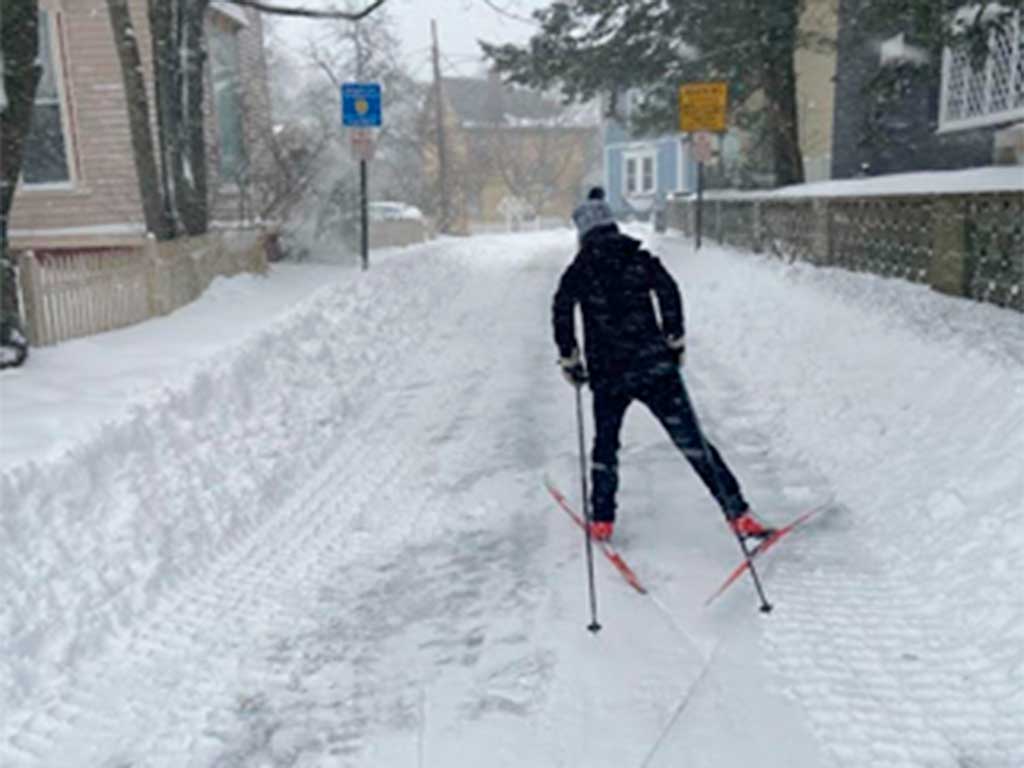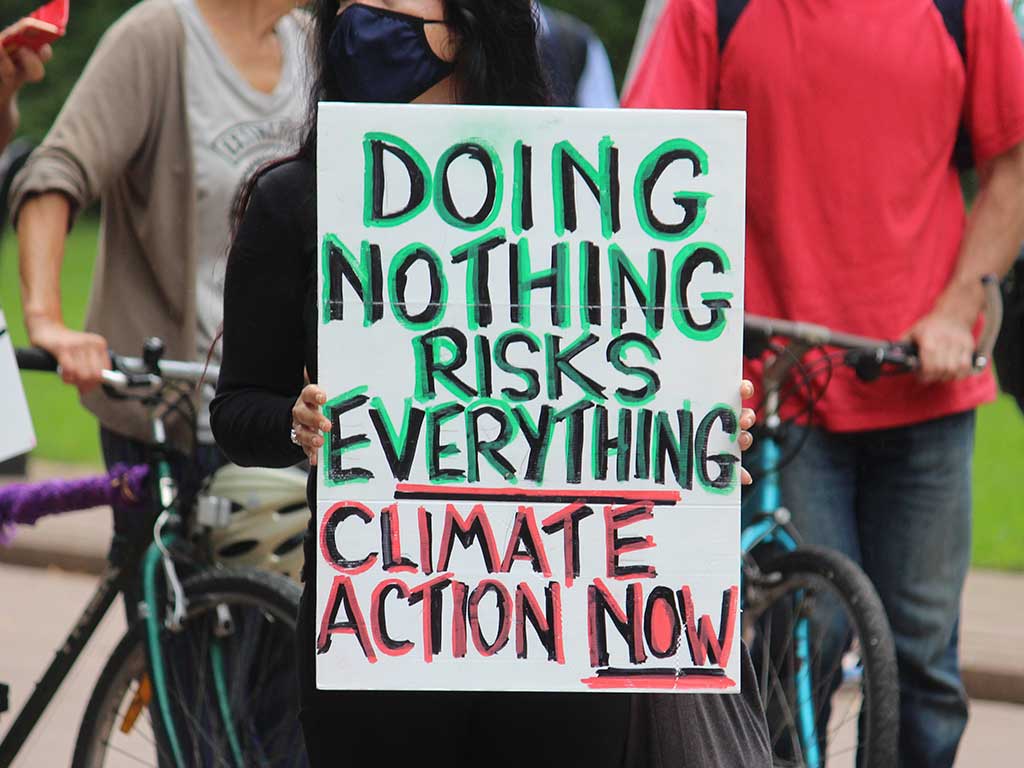
Cultivate Hope
By Marie Caspard
Trump’s election win last month has serious implications for climate action at the federal and international level. Trump has stated his intent to:
- Roll back clean energy investment – for example, by “rescind[ing] all unspent funds under the ‘misnamed’ Inflation Reduction Act”[1] .
- Withdraw US support for international climate diplomacy – for example, by yet again withdrawing from the Paris Accord on Climate Change[2].
- Loosen emissions reductions rules[3].
Myself and many other climate-focused friends found ourselves feeling pretty desperate and discouraged in the weeks after the election.
Cultivate Hope

It can be difficult to continue feeling hopeful when faced with a climate crisis and a President-elect who has made skeptical, ambiguous, contradictory statements about the scientific validity of climate change[4]. But it turns out, hope is not just a feeling. We can cultivate hope even in the face of adversity – and psychologists have been studying it for decades.
In the 1990’s psychologist Rick Snyder developed a framework for hopeful thinking, built on three core elements: goals, pathways, and agency[5]. Goal-setting provides direction and meaning to our efforts. Pathways thinking generates multiple routes to desired goals, making us resilient and flexible. Agency thinking enables us to initiate and sustain movement along a pathway. Starting with smaller, more easily achievable goals and surrounding yourself with friends to celebrate and keep you accountable can help build momentum.
Many folks I speak to say that a shared mission and sense of community is a great source of hope. Others find hope to be naive – even irresponsible – given the scale of the climate crisis we’re dealing with. Ayana Elizabeth Johnson shared this sentiment in a 2022 interview with Krista Tippett[6]: “I’m not a fan of hope as a guiding principle, because it by definition assumes that the outcome will be good, which I know is not a given, I am completely enamored with the amount of possibility that’s available to us.”
A hopeful thinking framework does not necessarily assume the good outcome will be a given. Rather it assumes the good outcome is possible and achievable with pathways, goals, and agency. Under a hopeful thinking framework, this “amount of possibility” represents goals and pathways to climate solutions.
Climate Action
Now, more than ever, is the time for local climate action. Can you think of one goal, pathway, and source of agency to cultivate climate hope? If you’re seeking a community to cultivate that hope, join our next PCAT meeting!
Other Resources
Check out Island Institute’s Susie Arnold’s presentation on the Science of Hope given to the Maine Climate Council.
PCAT
Bright Ideas is brought to you by PCAT, which meets the fourth Tuesday of the Month, 6 to 7:30 p.m. All are welcome. FMI email: Portlandclimate@gmail.com or visit them on Facebook. .
[1] Harris vs. Trump on Climate Change – FactCheck.org
[2] Exclusive: Former President Trump talks 1-on-1 with Channel 11 at Steelers game – WPXI
[3] For example, by repealing methane leak fees and rolling back vehicle fuel efficiency standards.
[4] https://www.bbc.com/news/world-us-canada-51213003
[5] Hope Theory | The Oxford Handbook of Positive Psychology | Oxford Academic
[6] Ayana Elizabeth Johnson — What If We Get This Right? | The On Being Project





